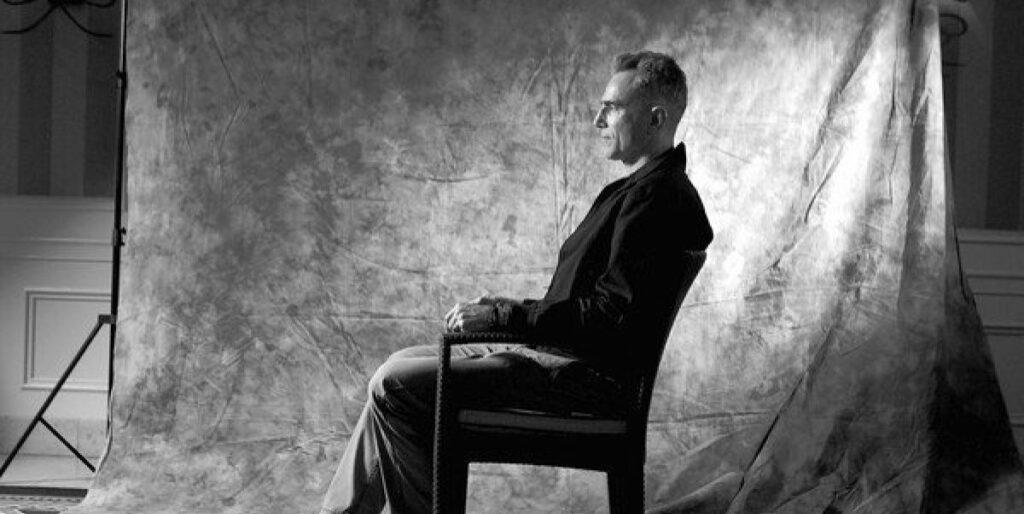Estimated reading time: 6 minutes

At the beginning of There Will Be Blood (2007), a man rhythmically strikes a wall with a pickaxe in a deep, dark hole, sparks and dust from the impact. The picture is too dim to see his face, but his pale shirt catches your eye and reveals the outline of his powerful arms and machine-like movements. Only when he looks up at the sky and makes his face glow will you see him completely. Behold, this man – behold, Daniel Day-Lewis!
It's an iconic introduction, like the appearance of Rita Hayworth in Gilda (1946), with a role definition and star-building role. It's also a good metaphor for Day-Lewis's painstaking work in the creative process and in establishing the character. As Daniel Plainview, Day-Lewis didn't just play the role, he was giving life to the ideas and art of film director Paul Thomas Anderson. Planview has many characteristics: a man, a machine, a terrible father, a greedy oil merchant. He is also the embodiment of the devastating substance of the "oil ocean" that he violently seized from the earth.
Day-Lewis is one of the most respected actors of the past half-century, a reputation stemming from his dazzling film work, whose magnificent aura has grown to an almost mysterious level. His meticulous preparation for the character, as well as his insistence on maintaining his character's demeanor during the production process, has become an exciting headline and a legend that fans talk about and obsess over. He repeatedly announced his retirement, and that only expanded his aura and increased his selectivity: he appeared in only six films in the century, some of which were clearly masterpieces. Like the ephemeral Agave, a bizarre plant of the century, Day-Lewis knows how to tease us and how to perform.
In a way, the legends built around him in the age of methodology have always been mythological versions, and in fact they are part of his daily creations as a movie star. What is often overlooked is that he read more than a hundred books in preparation for the performance of Lincoln (2012), and that was part of his job as an actor. All of these efforts and the books that are read remind us that acting is just a job, not a magic trick, even if the actor's performance looks or sounds like an alchemy. Part of Day-Lewis's talent is that he translates his hard work into roles that fluidly meet the director's vision.
Much depends on this vision. And at this point, I must regret to mention Nine (2009), a disastrously stupid work that despite Day-Lewis's great efforts to give, it still didn't help. In contrast, in Gangs of New York (2002), his role as Bill the Butcher is the perfect example of the film's ambition, so when he's not on screen, the picture is a bit choppy. Day-Lewis's performing arts are the perfect blend between him and the director. His most complete performance to date has been in two films he has worked with Anderson, most recently Phantom Thread (2017), in which all of its beauty, depth and character are absorbed, transformed and brilliantly projected by De-Luiz.
<h2 toutiao-origin="h4" > [the 25 best actors of the century to date].</h2>
< h1 toutiao-origin="h3" > correlated</h1>
Veteran film critic for The New York Times
04 of the 25 best actors of the century to date: Keanu Reeves
No Newer Articles